Question And Answer
Publications
Articles, publications, books, tools and multimedia features from the U.S. Institute of Peace provide the latest news, analysis, research findings, practitioner guides and reports, all related to the conflict zones and issues that are at the center of the Institute’s work to prevent and reduce violent conflict.

Lucy Kurtzer-Ellenbogen on the Israeli-Palestinian Peace Plan
Discussing the Trump administration’s long-awaited peace plan, USIP’s Lucy Kurtzer-Ellenbogen says that although the proposal nods toward a two-state solution, the details leave one “hard pressed to see how it serves as a formula or basis for bringing both parties back to the table.”
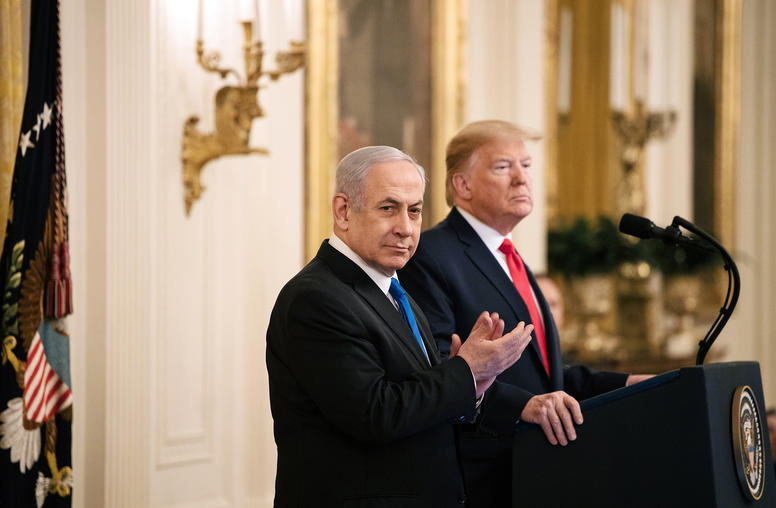
Does the Trump Administration’s Israeli-Palestinian Plan Offer a Path to Peace?
Yesterday, at an East Room gathering, President Trump, alongside Israeli Prime Minister Benjamin Netanyahu, unveiled his administration’s plan to address the Israeli-Palestinian conflict. As promised at the outset of his remarks, the approach represents a vision “fundamentally different from past proposals.” The event itself—with the plan unveiled by U.S. and Israeli leadership—presented a visual that underscored this difference, and the challenge this plan faces if it is to chart a course to peace.
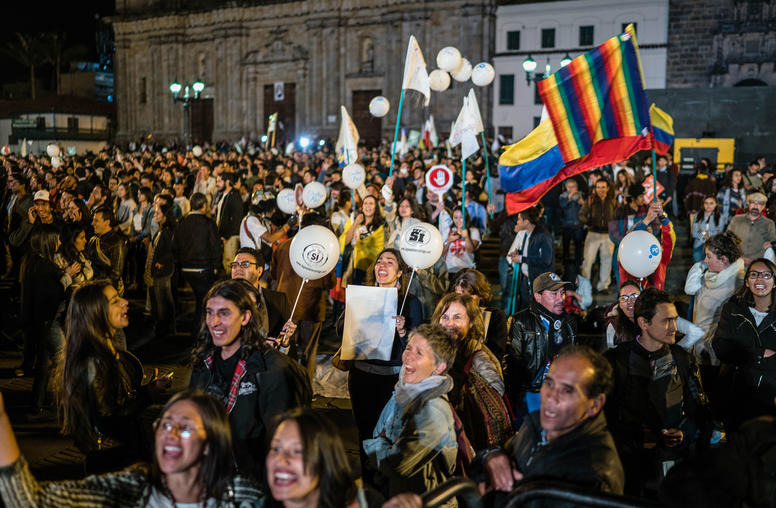
Colombia’s Imperfect Peace Could Provide a Roadmap for Afghanistan
The Afghan peace process was jumpstarted in September 2018 when President Trump appointed Ambassador Zalmay Khalilzad as special representative for Afghanistan reconciliation. Since then, Khalilzad has led 10 rounds of U.S.-Taliban talks, with negotiations focusing on two issues: ensuring the Taliban’s commitment to prevent transnational terrorists from using Afghanistan as a base for attacks, and a U.S. military withdrawal. As the search for peace in Afghanistan continues, what lessons can be learned from other peace processes that could apply to Afghanistan? Colombia’s imperfect peace agreement with the FARC is one especially relevant international reference point for Afghanistan—we explain why.
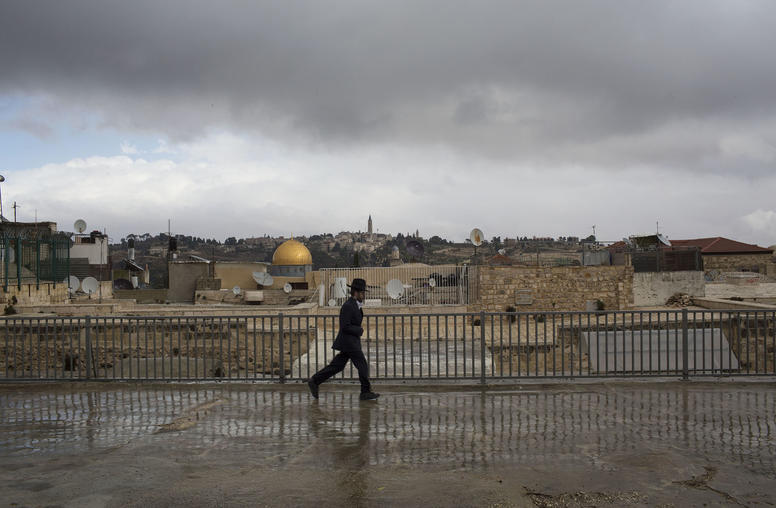
The Israeli-Palestinian Conflict in 2020: What are the Possible Paths Ahead?
Despite tremendous effort exerted since the 1991 Madrid Peace Conference to resolve the Israeli-Palestinian conflict through a two-state solution, peace has been elusive. Today, there is a growing feeling among Palestinians, Israelis and the international community that the two-state paradigm may no longer be viable. USIP’s Ambassador Hesham Youssef examines the potential scenarios facing Israelis, Palestinians and the region as the stalemated conflict continues without progress toward two states.
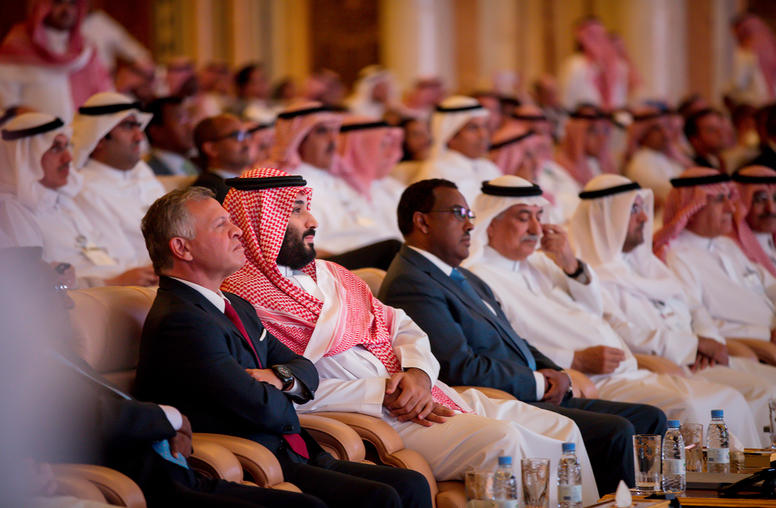
Israeli-Palestinian Conflict: It’s Time for a Sequel to the Arab Peace Initiative
The Israeli-Palestinian conflict has fallen down the list of political priorities in recent years as regional and global powers have been preoccupied with more pressing issues—including tensions with Iran; wars in Syria, Yemen and Libya; unrest in Lebanon, Iraq and Algeria; the rise of intestate competition, including with Russia and China, in the region; and a host of internal issues affecting the countries of the region. However, recent regional developments may present opportunities to reaffirm the tenets that would someday lead to a comprehensive peace.

Steve Hege on Colombia’s Protests and Stalled Peace
In Colombia, protesters are demanding that President Ivan Duque address concerns over economic inequality, corruption, the Venezuela crisis and implementation of the 2016 FARC peace accord in what USIP’s Steve Hege calls the country’s “largest mass mobilization in four decades.”
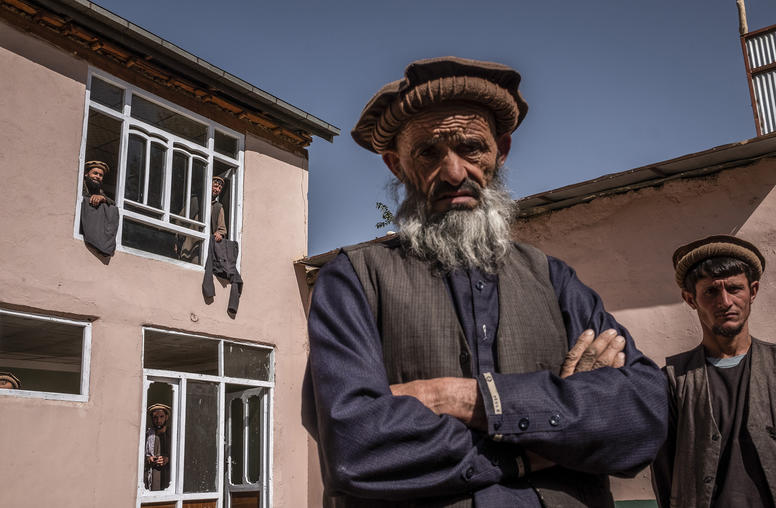
Will a Prisoner Swap with the Taliban Push the Afghan Peace Process Forward?
It’s been over two months since President Trump announced a halt to U.S.-Taliban peace talks. In a move that could revive the moribund peace process, the Afghan government and Taliban completed a prisoner exchange that had been announced last week but then delayed. An American and Australian professor held by the Taliban were freed in return for three senior Taliban figures. Meanwhile, Afghanistan’s September 28 presidential election remains undecided, further complicating peace efforts. USIP’s Scott Worden looks at what impact the prisoner exchange could have on the peace process, how regional actors have sought to fill the vacuum in the absence of the U.S.-led talks and the connection between negotiations and the election.
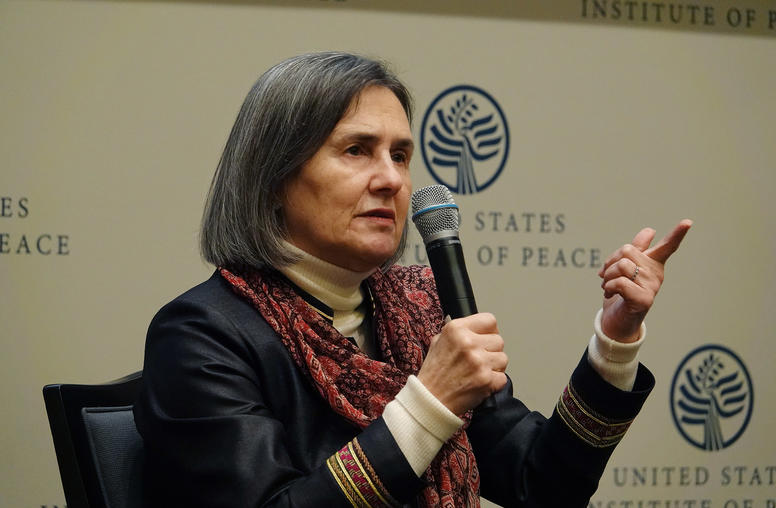
First Lady Rula Ghani on Afghan Women’s Consensus
As Afghans, the United States and the international community seek an end to the war in Afghanistan, the country’s first lady, Rula Ghani, says thousands of Afghan women nationwide have expressed a clear consensus on two points. They insist that the war needs to end, and that the peace to follow must continue to build opportunities for women. The single greatest step to advance Afghan women’s cause is education and training to build their professional capacities, Ghani told an audience at USIP.

Scott Smith on What’s Next in the Afghan Peace Process
The Afghan government and Taliban announced an agreement on a prisoner exchange this week, but it remains unclear what comes next. With the presidential election still undecided, “The question is if this is the beginning of a new peace strategy on the part of President Ghani, will he be the president a few months from now to carry that strategy forward?” asks USIP’s Scott Smith.
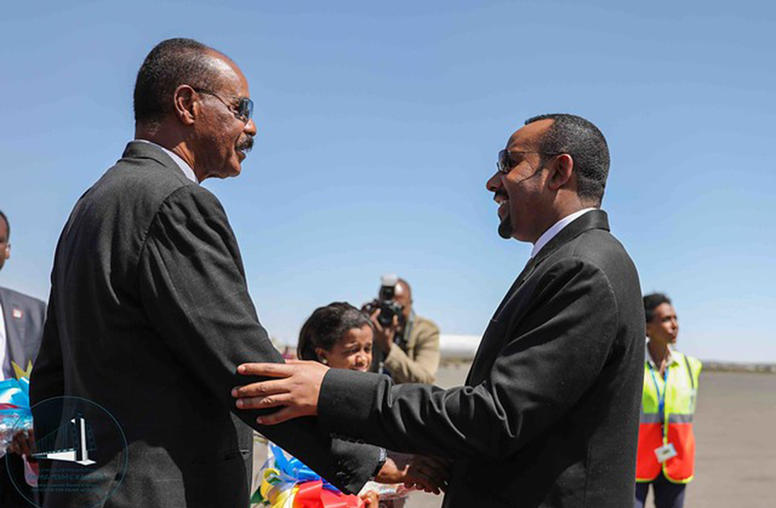
Nobel Laureate Abiy Ahmed’s Next Peacebuilding Project Should be at Home
Ethiopian Prime Minister Abiy Ahmed has remained in the news in the weeks following his 2019 Nobel Peace Prize—but not for the reasons you’d expect. An estimated 86 people have died in violence sparked by an alleged assassination attempt against a prominent political opposition leader. This tragedy is symptomatic of Ethiopia’s fragile transition and demonstrates the urgency for Dr. Abiy to focus his energies at home to deliver a peaceful transition for the 105 million Ethiopians counting on his leadership.